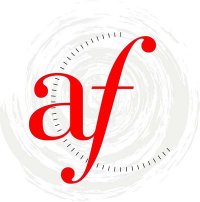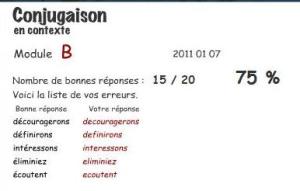One of my favorite FR<>ENG resources is www.wordreference.com. This is an excellent, free, online multilingual dictionary. As with any reference, you will need to make sure that the word you find is actually the word you want, but WordReference is often a great place to start.
You can enter a word or set phrase, ask for help with a word or phrase, and answer other users' questions as well. Since WordReference is part dictionary, part forum, there are a few conventions you should remember:
-Always check previous entries to see if someone else has asked your question before. Don't just post a new question without checking. Odds are, someone else has already asked.
-WordReference asks all posters to state their maternal language and country. If you are asking about an idiomatic French expression, check to see if your answerer is actually French, or just an American answering based off of his high school textbook.
-French varies from country to country. Often, a native speaker from Canada and a native speaker from France will be equally helpful. However, some words and phrases do vary – pay careful attention to where an answerer is from. Maybe you really need an answer from someone who's native language is Haitian French.
-If you ask a question and find the answer somewhere else, post the answer below your question. It will help the next lost soul!
Wordreference.com has a very straightforward layout, but some people miss the most helpful elements.
-Once you have entered your search term, you will see a straightforward list of translations:
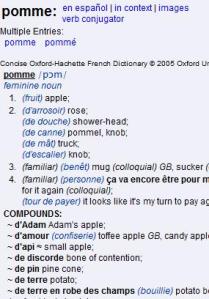
**Don't miss the "verb conjugator" link next to the entry if your word is a verb!**
-Beneath this basic list is a list of compound forms:
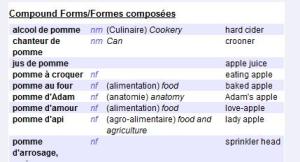
-Beneath this is a list of forum entries. If you're looking for a really tricky word or phrase, this is probably where you'll find it. Click on the title of the most promising thread to see what people had to say. If you don't find the phrase you're looking for, click on "suite" to see more phrases or "Pour poser la questions dans les forums" to post your own question:
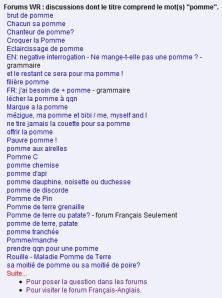
-When you're in the forums, don't forget to check where people are from! (You'll see this information at the top right of each person's post.)
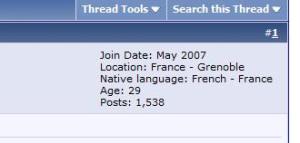
As always, I want to know what you think of this link! Have you found it useful? Do you have alternatives? Do you have any questions?

